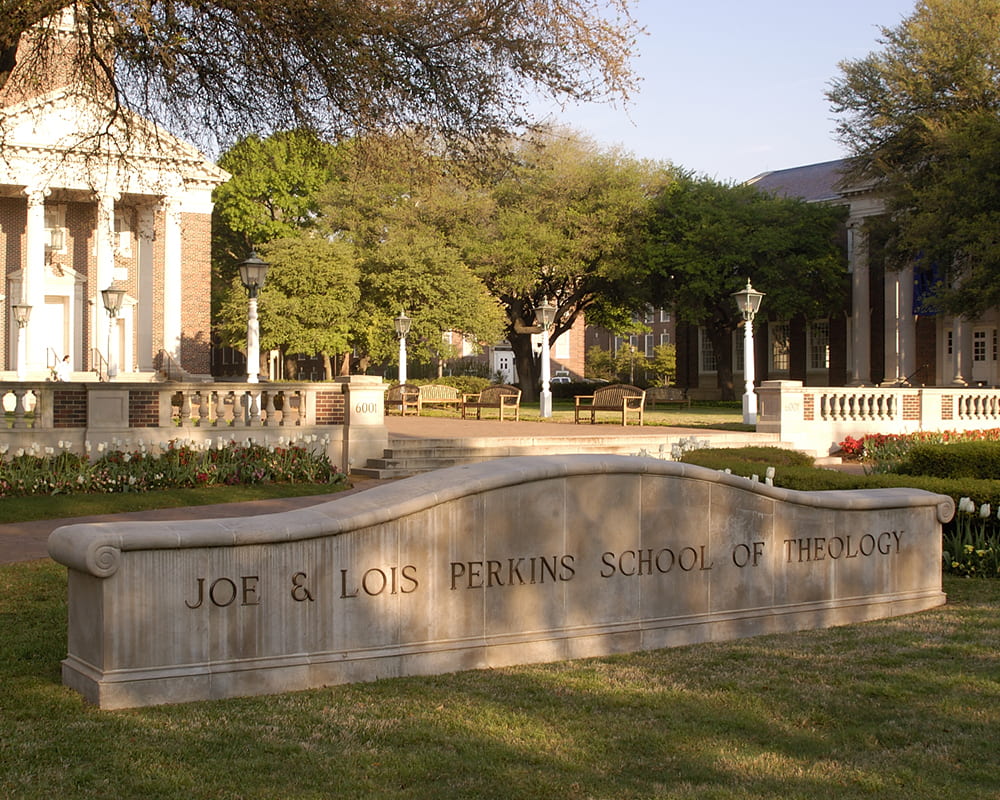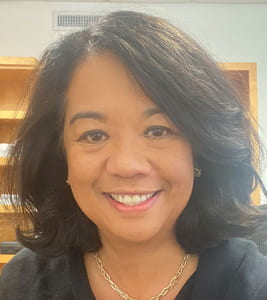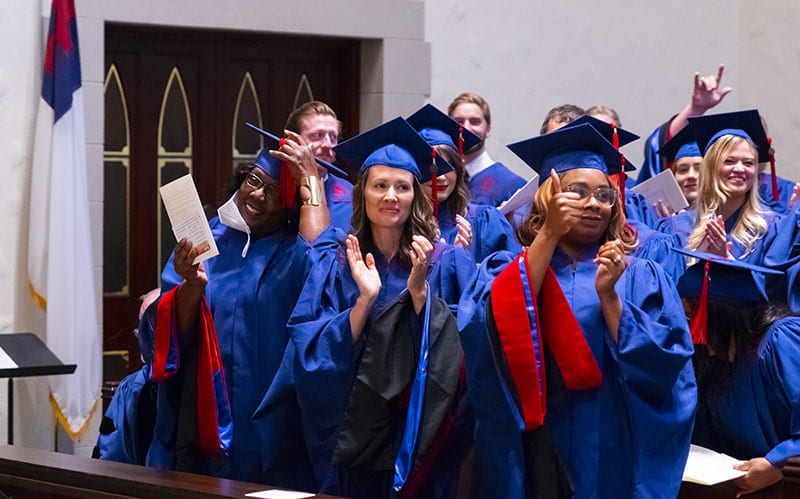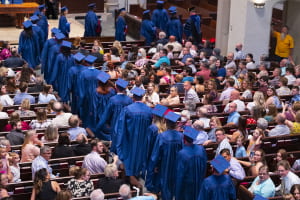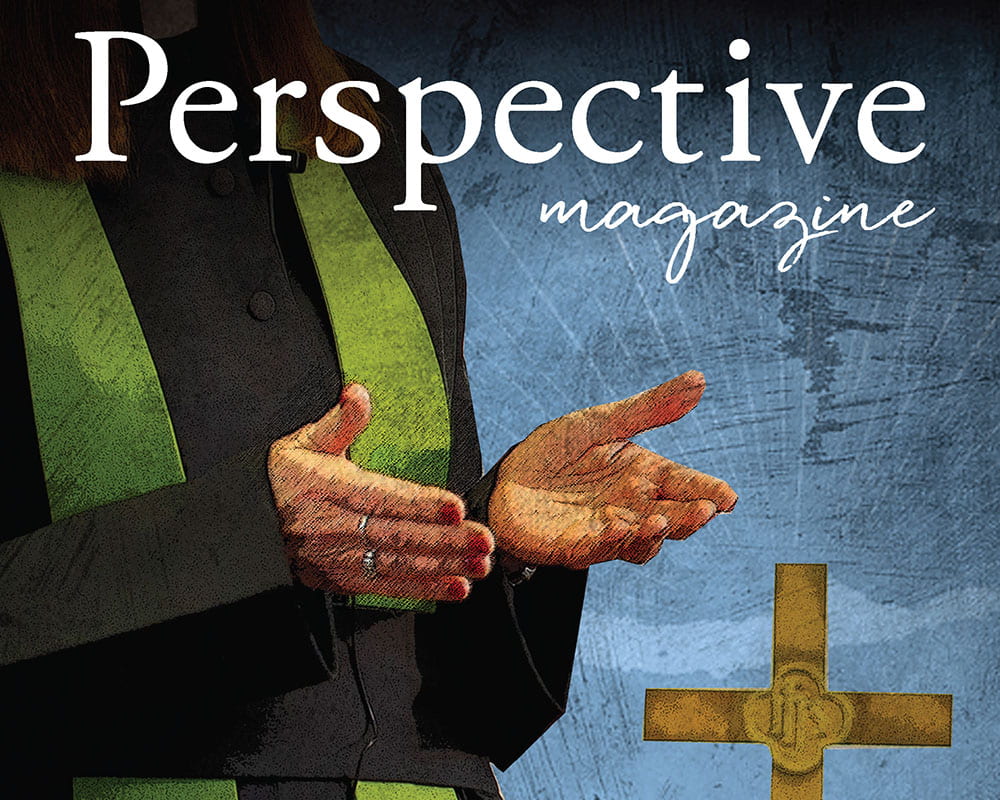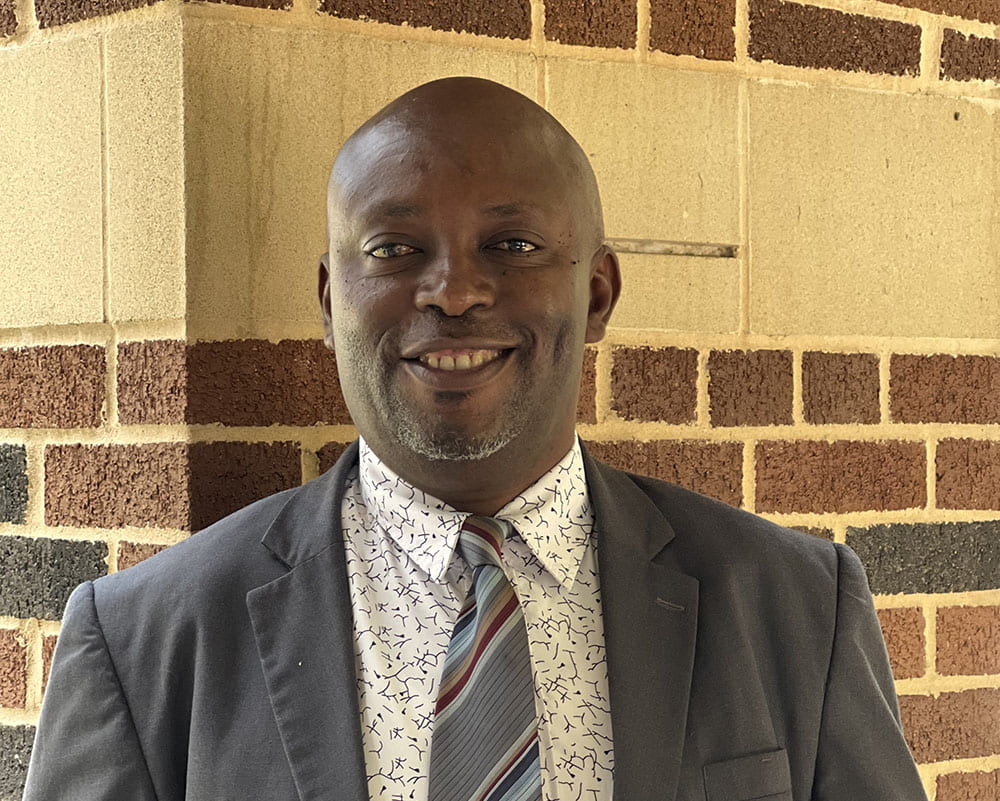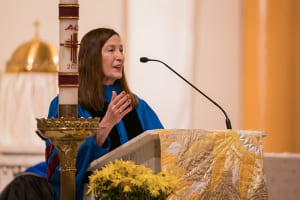I spoke recently with a relative who is a longstanding member of a Bible study group at his church. He expressed frustration with another member who for weeks had insisted—with increasing bellicosity—that his reading of a particular biblical book was unquestionably right and the views of the rest of the group uncontestably wrong. “In this instance,” I responded, “there is simply not enough evidence to know what he claims to know.” Neither can we say definitively that the theory he champions is wrong. This is one of many cases in which a significant gap in historical knowledge undercuts any claim to high confidence, much less to certainty.
The conversation reminded me of my experience teaching New Testament for nearly three decades. I always strove to be fair and transparent when saying what I thought reasonably could and could not be known. Inevitably, this frustrated students who assumed that they had come to seminary to get all the answers. In many cases—say, for example, on the question of the Pauline authorship of 2 Timothy—I had an opinion and could make a strong case for it, but I had to acknowledge that other credible scholars judged the matter differently, and it was also my job to represent their views equitably.
Some will regard this as relativism, but it is not. I believe in facts and in truth. There was a Holocaust. Some statements are exaggerations; others straight-up lies. What is relative, however, is not truth but our apprehension of truth. Each of us exists at a certain time with a certain background, a certain education and life experience, and a certain temperament, among an array of other variables. In such a situation, and especially where gaps in knowledge exist, disagreement is inevitable. Disagreement with contemporaries, yes, but all the more disagreement with those who lived before or who will come after, many of whom represent dramatically dissimilar contexts.
The scholars I most admire are those of such character as to acknowledge their own limitations, who recognize what they do not and even cannot know. One such exemplar was the great Cambridge New Testament scholar C.F.D. Moule. Charlie, as he was known to all, was both exceptionally brilliant and remarkably humble, unpretentious, and approachable. He was a model exegete, weighing evidence thoughtfully and being careful always not to overstate his own case. He readily admitted what he did not know because his identity was grounded in something greater than his own remarkable capabilities. In short, he was a beautiful soul and a deeply Christian man with whom I am privileged to have been acquainted. Contrast his example with those whose identity is so tied up with being right—and thereby being important—that they cannot possibly admit to the limitations of their conclusions.
We hear a lot these days about conspiracy theories. Whether in politics or in religion or, worse yet, in both together, conspiracy theories thrive in the gaps. Their authors supply motives where motives are unknown. They take a thread of this and an otherwise unconnected strand of that, and interweave them with spools of speculation into a tapestry that displays the rightness of their cause and the wrongness, even evil, of their opponents.
There are multiple reasons why this approach is both attractive and effective. The allure of secret knowledge is anything but new. It goes back millennia. (Witness, for example, the ancient “mystery cults.”) To be the possessor of such knowledge is to be singularly important and to own a clarity and a certainty that others lack. The possessor is the only one who knows what’s really going on. Members enjoy the founder’s reflected glory and, in their continued allegiance, encourage ever more outlandish theories. It is a self-justifying circle that can be extraordinarily difficult to leave and all but impossible to break.
Most striking to me is that fact that this same phenomenon exists in scholarship, not least in biblical scholarship. I was once told that it is the job of young scholars to “slay the fathers” (or, increasingly, the mothers). You don’t get a Ph.D. by repeating an existing thesis. Some amount of novelty is required. The temptation is to find something that is new only by virtue of the fact that it is imaginary. “What was Luke covering up? What was Paul’s secret purpose? I alone can tell you.” Uncoincidentally, the supposedly heretofore hidden knowledge typically correlates with a pre-existing agenda. Some studies of the “historical Jesus” are notorious in this respect. There is a contemporary point at stake, and the selection of evidence is both limited and expanded, organized and ordered in such a way as to support it. So it is, for example, that many 19th century reconstructions of early Christian history can, in hindsight, be seen to be blatantly antisemitic.
Let us by no means decry the search for new knowledge and deeper insight. In fact, actual conspiracies do exist, though vastly fewer in number than popularly imagined. But we should be on guard against those who would encourage us to think we know what is unknowable if not blatantly false. It is our desires that make hypocrites of us all. We most readily set aside our critical faculties when the benefit is our own personal security and enlargement.
So, “mind the gaps” if that means being aware of the limitations of our knowledge. On the other hand, “don’t mind the gaps” if that means being untroubled by the fact that we cannot know all we would like to know. Note that neither of the two great commandments—love for God and neighbor—is particularly difficult to comprehend. The difficulty is in the doing. Being a student of Christianity and being a disciple of Jesus Christ are not the same thing. The ideal is to be both.

